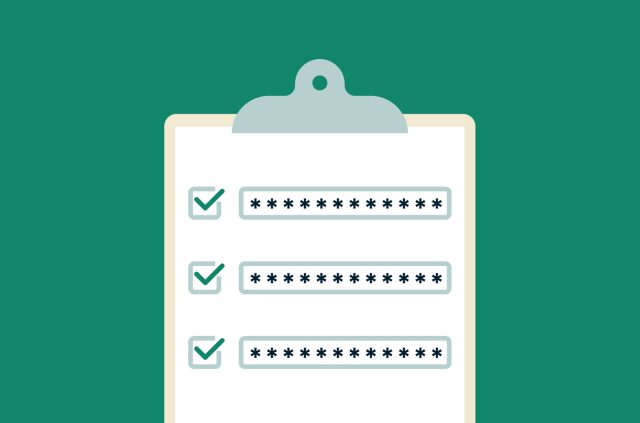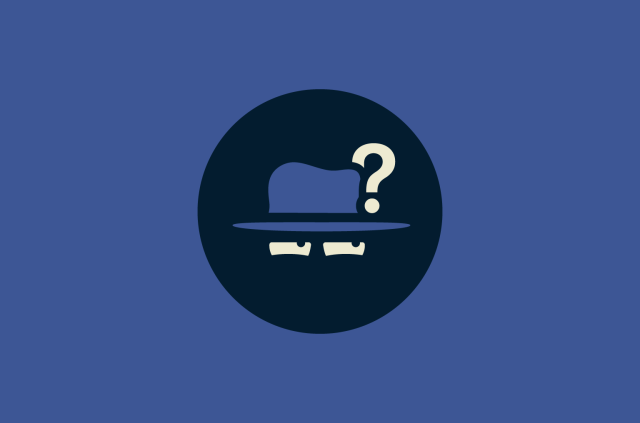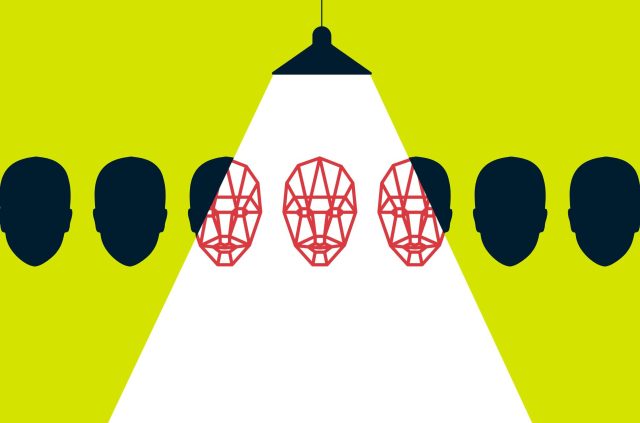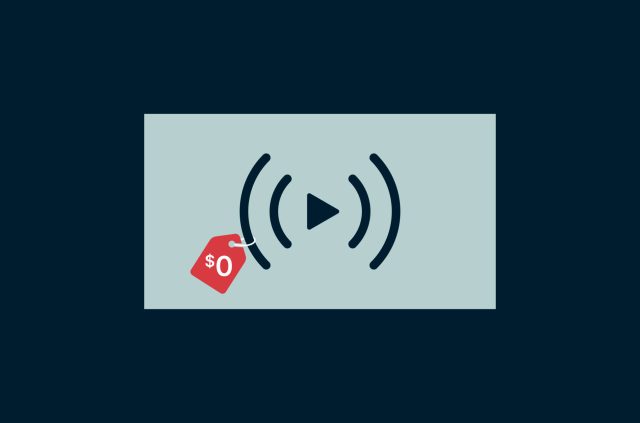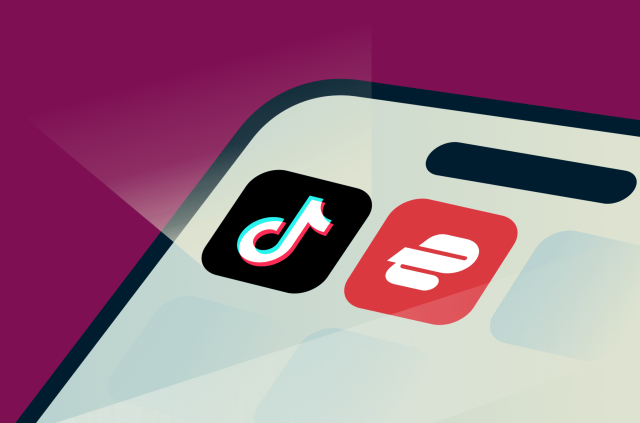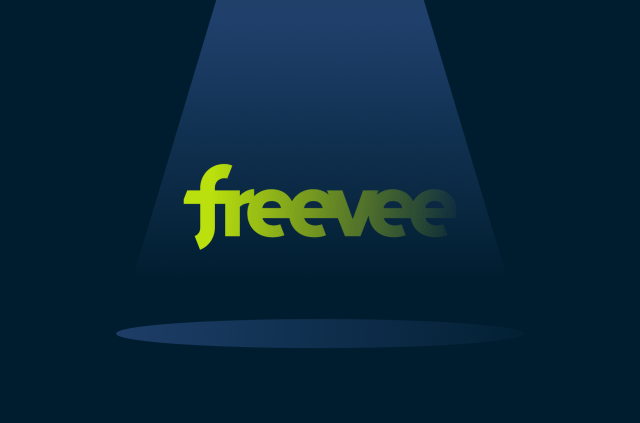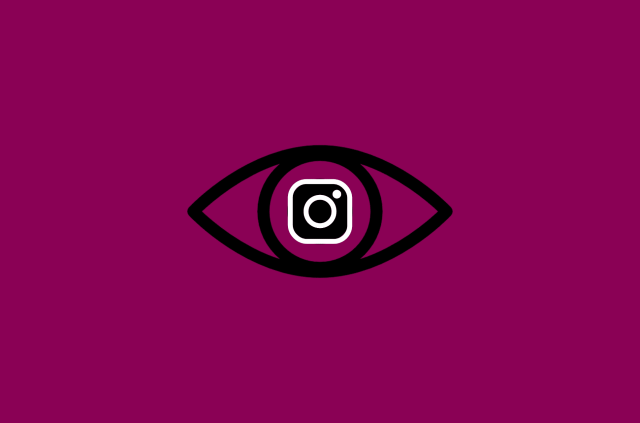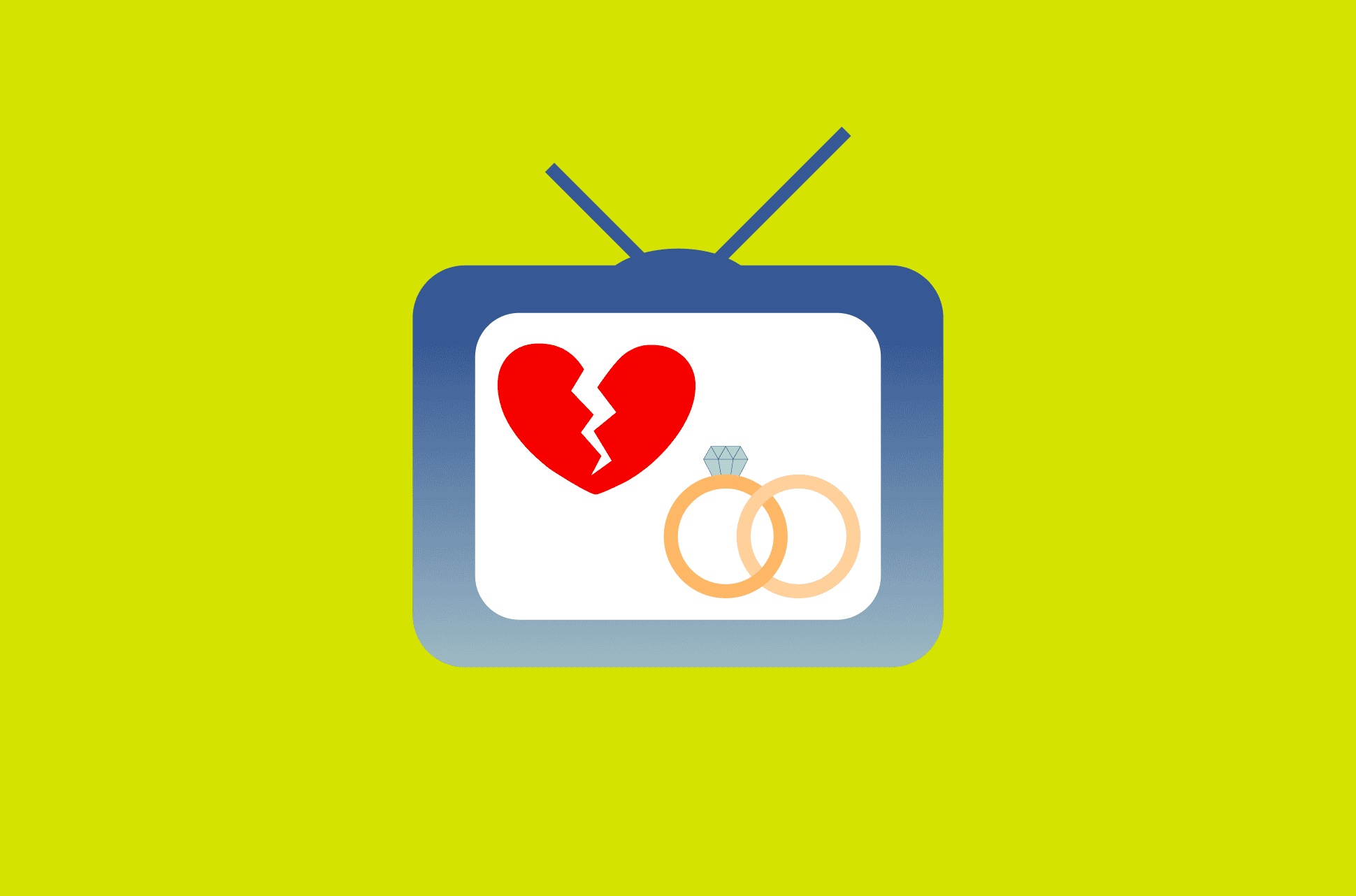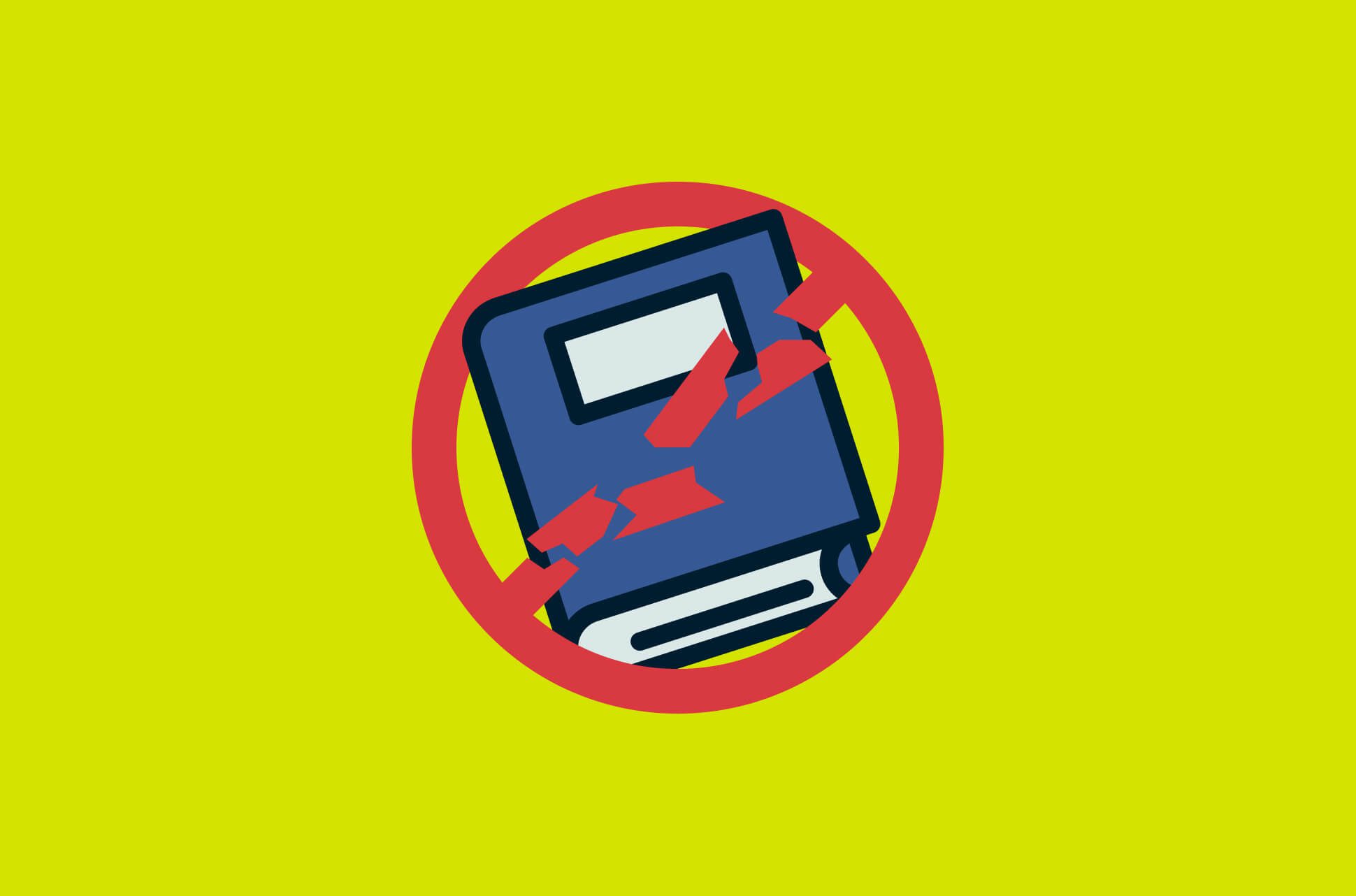
Book bans have been on the rise in the U.S., with books pulled from school libraries and prohibited in classrooms. According to free-speech advocacy group PEN America, in the nine months spanning July 2021 to March 2022, there were 1,586 banning instances in schools, affecting 1,145 titles—and that’s just the ones the group is aware of. Experts think book bans are at an all-time high.
Banning books is not new, and many have stood up to fight the current wave. Read on to find out about initiatives to combat this alarming trend.
Why are books being banned?
Book banning happens when books are removed from libraries, schools, and bookstores by citizens, governments, or organizations that object to the content or themes of a book. There are various reasons for banning books. These reasons—along with the type of books being banned—have shifted through the years.
Political and religious views are common reasons for censorship. According to the American Library Association (ALA), Harry Potter novels have been frequently challenged in the U.S. for depictions of magic and witchcraft. In 2019, one Catholic school even banned the series because it contained actual curses and spells that could “risk conjuring evil spirits.”
However, book bans are not new and have long been used as a censorship tool to suppress different forms of thought. As far back as A.D. 35, the Roman emperor banned The Odyssey by Homer for expressing Greek ideologies of freedom.
One of the most powerful tools of censorship, the Index Librorum Prohibitorum, was introduced in 1559 by Pope Paul IV. The index contained a list of books that Roman Catholics were not allowed to read and included books such as Robinson Crusoe by Daniel Defoe and Les Misérables by Victor Hugo.
Historic and current book bans starkly highlight culture wars present within a society. Throughout U.S. history, books have been the target of bans for their depictions of religion, slavery, birth control, obscenity, and more—often implemented alongside dramatic book burnings. In the mid-20th century, a wave of bans hit Huckleberry Finn, The Catcher in the Rye, To Kill a Mockingbird, and other novels many consider American classics today.
A large portion of recent bans targets books that cover gender and sexuality and racial issues, with sexually explicit content and allusions to critical race theory as the specified reasons.
Is banning books unconstitutional?
Generally, no, book bans are not unconstitutional—the main exception being if the government enacts a ban. Private companies, organizations, and individuals are free to disallow books as they please. When it comes to public schools, school boards and state legislators are free to make decisions about school curricula. There are more nuances though, and this article breaks down the question further.
It is also important to note that in the U.S., just because a book is “banned” at a school or other place doesn’t mean it is illegal to read.
What books are being banned in the U.S.?
Banned books vary by state and by school in the U.S. Books that are regularly banned tend to use graphic imagery to tell complicated stories. Here are a few frequently banned books:
- All Boys Aren’t Blue by George Johnson. Covering topics like consent, sexual agency, and institutional violence, the book is often banned for explicit sexual content.
- The Kite Runner by Khaled Hosseini. The book about a young boy facing a harsh life in Afghanistan is commonly banned for sexual violence and is said to “lead to terrorism” and “promote Islam.”
- The Hate U Give by Angie Thomas. Reasons cited for bans of this book—about a high schooler who witnesses a police shooting—include containing too many expletives and promoting an anti-police message.
- To Kill a Mockingbird by Harper Lee. The Pulitzer Prize-winning novel about a girl growing up in a racist town is often banned for its characters’ racist language and plot surrounding a rape.
- The Handmaid’s Tale by Margaret Atwood. Taking place in a dystopian future America that’s overtaken by a theocratic regime, this book has been banned for its portrayal of sex and violence and its distrust of religion.
- Maus by Art Spiegelman. The award-winning graphic novel unflinchingly depicts the horrors and impact of the Holocaust. It is banned for profanity, nudity, violence, and depiction of suicide.
Groups, initiatives, and events fighting book bans
In response to the rise in book bans, various organizations are trying to improve access to reading material for all. Here are some of the best examples:
Banned Books Week (American Library Association)
Organized by the ALA, Banned Books Week celebrates the freedom to read by featuring books that have been targeted for bans. It aims to highlight the importance of free and open access to information and draw attention to the harmful effects of censorship. Banned Books Week is typically held during the last week of September.
Books Unbanned (Brooklyn Public Library)
Run by the Brooklyn Public Library (BPL), the Books Unbanned program provides teens anywhere in the U.S. a free BPL eCard, which gives them access to the BPL’s collection of e-books, audiobooks, and numerous online databases. The library has also made a selection of frequently challenged titles always available as e-books and audiobooks.
Books Unbanned Intellectual Freedom Teen Council
Part of the BPL’s Books Unbanned program is the Books Unbanned Teen Council, which hosts virtual events for teenagers to discuss challenges facing freedom of access to books and their favorite banned books. On the Teen Council, they also learn how they can help protect the right to read of teens all over the U.S.
Book Ban Busters
Organized by a grassroots network known as “Red Wine & Blue,” the parent group rallies around local and school issues—including fighting against book bans across the U.S. They’ve organized “Read-In!”, a virtual event where people hear from authors of challenged books and learn about specific ways to fight against book bans.
Student-led banned-book clubs
Student-led community groups provide students an opportunity and safe space to read banned books from their districts—as an act of learning and an act of protest. Some book clubs campaign for the reinstatement of banned books.
Unite Against Book Bans
A national initiative by the ALA empowering readers to stand up against the rise of book bans and to protect access to a variety of books. It encourages individuals to make their own decisions about the books they read. Unite Against Book Bans also provides people with an action toolkit that provides readers with resources to fight book bans.
Voters for Tomorrow
Voters for Tomorrow, a non-profit group that engages and represents youth in politics distributed hundreds of copies of banned books Beloved by Toni Morrison and Maus by Art Spiegelman as a form of protest against their bans.
We Need Diverse Books
We Need Diverse Books is a nonprofit organization that got its start as a trending hashtag. The organization advocates for changes in the publishing industry to produce and promote children’s books that celebrate and reflect the diverse lives of all young people. It has provided resources for dealing with book bans.
Take the first step to protect yourself online. Try ExpressVPN risk-free.
Get ExpressVPN

